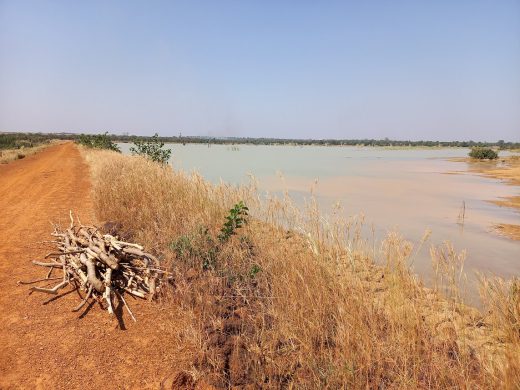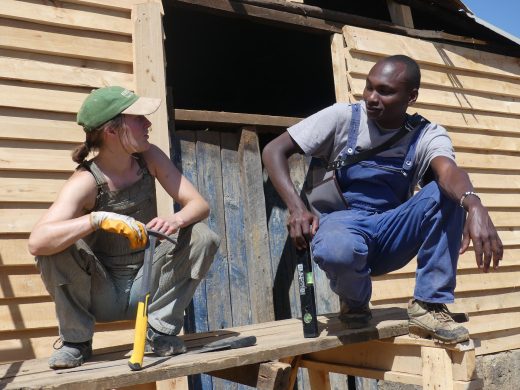A UN poverty-fighting agency Friday in Rome signed off on a 19 million US dollar loan to the Ghanaian government that will strengthen the West African nations food security by helping its small farmers cultivate sweet potatoes, cassava and other roots and tubers.
The loan from the International Fund for Agricultural Development (IFAD) will help finance a 27,7 million dollar development programme meant to assist Ghanaian farmers, traders and processors who depend on the production of roots and tubers for their livelihoods. The Government of Ghana will contribute 3,9 million dollar to the initiative.
– By increasing their access to markets and new technology and building on indigenous knowledge, the programme will help Ghanas rural poor to increase their incomes and improve their livelihoods, said Mohamed Manssouri, IFADs Country Programme Manager for Ghana, adding: – They will be less marginalized and participate more actively in the development process.
Nearly 55 per cent of all farming households in Ghana cultivate roots and tubers – vegetables such as Cassava, yams, sweet potatoes, and cocoyams – and the crops provide more than 42 per cent of the staple food supply and large quantities of raw material for agro-industries.
Women make up about half of the Ghanaians involved in the production of these vegetables and the development programme will aim to expand their access to the marketing process by strengthening their bartering and marketing skills and their ability to negotiate prices and contracts.
The programme will improve roots and tuber production as agricultural researchers and farmers meet at forums to share their experiences and swap information on cultivation practices. Farmers will gain a greater knowledge of new varieties of roots and tubers, soil fertility management and pest control.
It will also work to expand rural producers access to improved technologies, provide training, and credit and micro-leasing that will let farmers and processor upgrade their equipment and tap into new technology.
Kilde: FNs nyhedstjeneste















